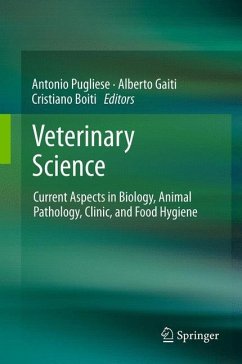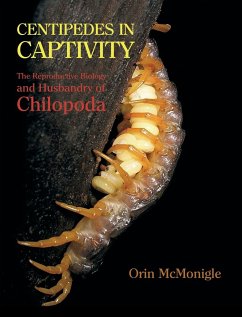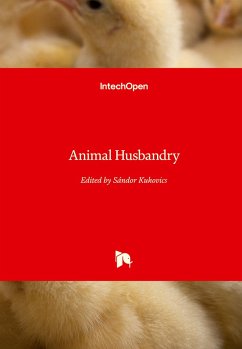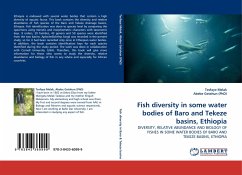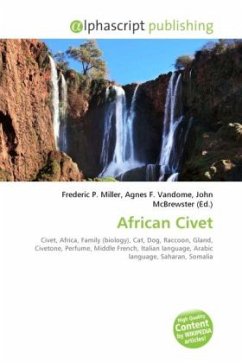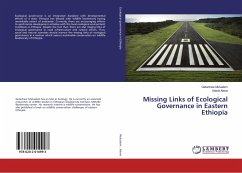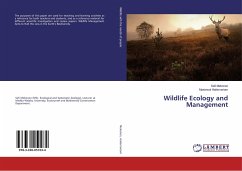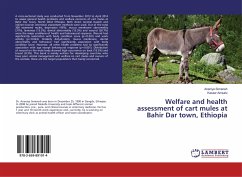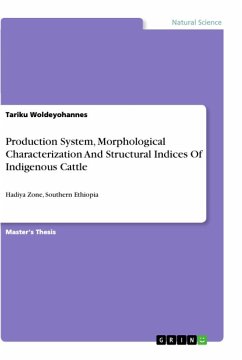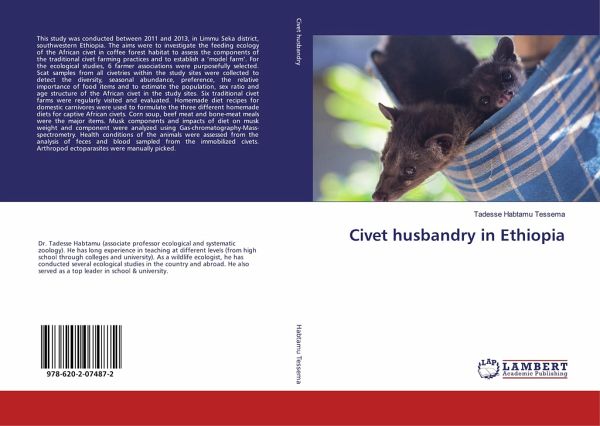
Civet husbandry in Ethiopia
Versandkostenfrei!
Versandfertig in 1-2 Wochen
50,99 €
inkl. MwSt.

PAYBACK Punkte
25 °P sammeln!
This study was conducted between 2011 and 2013, in Limmu Seka district, southwestern Ethiopia. The aims were to investigate the feeding ecology of the African civet in coffee forest habitat to assess the components of the traditional civet farming practices and to establish a 'model farm'. For the ecological studies, 6 farmer associations were purposefully selected. Scat samples from all civetries within the study sites were collected to detect the diversity, seasonal abundance, preference, the relative importance of food items and to estimate the population, sex ratio and age structure of the...
This study was conducted between 2011 and 2013, in Limmu Seka district, southwestern Ethiopia. The aims were to investigate the feeding ecology of the African civet in coffee forest habitat to assess the components of the traditional civet farming practices and to establish a 'model farm'. For the ecological studies, 6 farmer associations were purposefully selected. Scat samples from all civetries within the study sites were collected to detect the diversity, seasonal abundance, preference, the relative importance of food items and to estimate the population, sex ratio and age structure of the African civet in the study sites. Six traditional civet farms were regularly visited and evaluated. Homemade diet recipes for domestic carnivores were used to formulate the three different homemade diets for captive African civets. Corn soup, beef meat and bone-meat meals were the major items. Musk components and impacts of diet on musk weight and component were analyzed using Gas-chromatography-Mass-spectrometry. Health conditions of the animals were assessed from the analysis of feces and blood sampled from the immobilized civets. Arthropod ectoparasites were manually picked.





